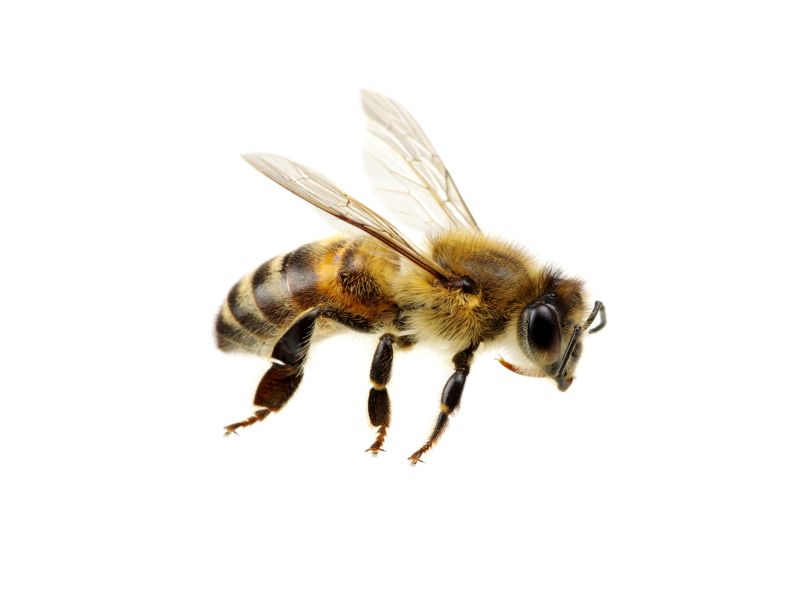

Shortage of Bee, Wasp Venom Stings Those With Allergies
Facing expected season-long shortage, doctors urge patients to carry EpiPens just in caseFriday, July 7, 2017

FRIDAY, July 7, 2017 (HealthDay News) -- A shortage of honeybee, wasp and hornet venom extract has allergists concerned.
The extract treats people who have potentially life-threatening allergies to stings by these insects. It is given in immunotherapy shots to help build up tolerance to the stings.
Manufacturing problems at one of two companies that produce the extract has reduced the U.S. supply by up to 35 percent, according to CNN.
The shortage is expected to continue through the summer -- peak sting season, researchers warned.
"Allergy immunotherapy is one of the best therapies that we have. This treatment can be protective in 99 percent of patients. So, for those patients who cannot be treated or whose treatment is delayed, it's scary and they may limit their levels of outdoor activity," said Dr. Juan Guarderas. He is an allergist-immunologist at University of Florida Health Allergy in Gainesville.
Despite the shortage, patients are still getting treatment, the allergy specialists noted in a university news release.
Dr. Mario Rodenas-Medina said that "there's no need to panic. Patient care has not been affected. We just need to be aware that there are resources despite the shortage." He is a clinical assistant professor of allergy and clinical immunology at the UF College of Medicine.
Patients who are allergic should keep up-to-date epinephrine injectors (EpiPens) handy, the doctors advised.
The American Academy of Allergy, Asthma & Immunology and the American College of Allergy, Asthma and Immunology recommend reducing maintenance doses of the extracts, increasing time between shots and delaying treatment for patients at the lowest risk of a bad reaction.
"We have to be diligent and we have to be careful about misuse of these extracts because they're highly valuable right now," Rodenas-Medina said.
SOURCE: University of Florida, news release, July 3, 2017
HealthDay
Copyright (c) 2017 HealthDay. All rights reserved.
News stories are written and provided by HealthDay and do not reflect federal policy, the views of MedlinePlus, the National Library of Medicine, the National Institutes of Health, or the U.S. Department of Health and Human Services.
- More Health News on
- Allergy
- Insect Bites and Stings
- Medicines



























.png)












No hay comentarios:
Publicar un comentario